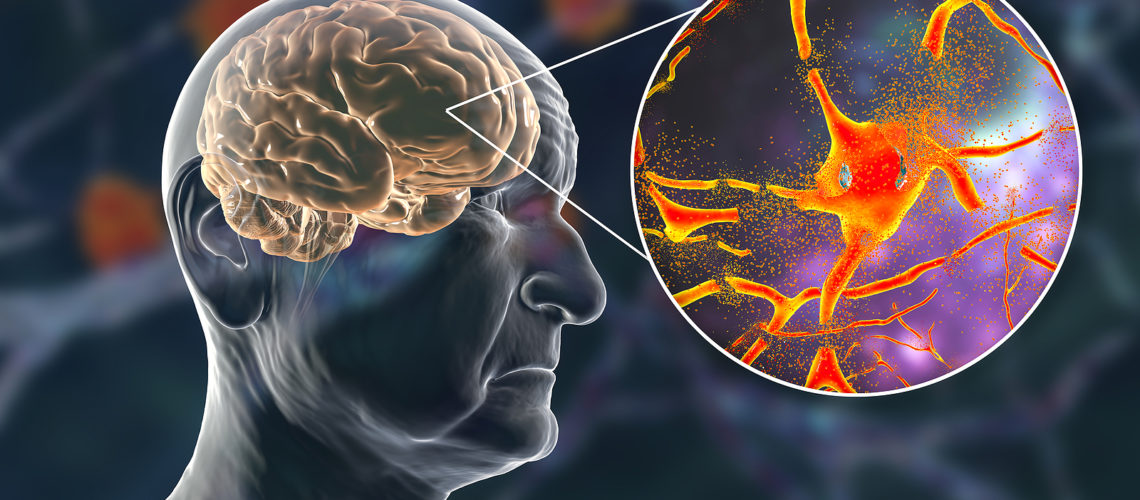Alzheimer’s Disease is a progressive, neurodegenerative disorder that occurs when nerve cells in the brain die. As the disease advances over several years, it slowly robs people of their memories, personalities and relationships. Over time, the worsening symptoms eventually affect a person’s ability to live independently and perform basic function in everyday life.
Alzheimer’s is the most common cause of dementia, with more than six million Americans living with the disease, according to the Alzheimer’s Association. The Centers for Disease Control and Prevention (CDC) also states that Alzheimer’s is the fifth-leading cause of death for adults aged 65 and older. On average, a person with Alzheimer’s lives approximately four to eight years after diagnosis but can live up to 20 years, depending on other factors.
While there currently is no cure for Alzheimer’s disease, recognizing dementia symptoms early can help you or someone you love to take the appropriate steps to improve quality of life through professional treatment and safe, supportive living environments.
Early Signs of Alzheimer’s Disease
If you or someone you love is experiencing one or more of the following symptoms, talk to a doctor. Signs of Alzheimer’s disease can vary from person to person, but here are some of the most common warning signs:
- Memory loss that affects daily life
Memory loss is a common early symptom of Alzheimer’s disease. It’s not uncommon for someone with early signs of Alzheimer’s to regularly forget what they had for breakfast or have difficulty recalling information they’ve recently learned, such as names or appointments. Forgetfulness that disrupts daily life is cause for an evaluation by a doctor.
- Difficulty problem solving and performing familiar tasks.
A person with early Alzheimer’s symptoms might find it difficult to follow instructions or make decisions. For instance, they may have trouble balancing their check book, struggle to follow familiar recipes, forget how to use simple appliances like the toaster or get lost driving home from a place they have been visiting for years.
- Mood and personality changes.
Sudden or major shifts in moods or personalities may be a symptom of Alzheimer’s disease. For instance, your usually cheerful loved one may become angry or depressed. Similarly, someone who was once very social may become withdrawn or reluctant to interact with others, especially in places where they are out of their comfort zone.
- Decline in communication skills.
In some cases, a new problem with communication can be a warning sign of Alzheimer’s disease. Your loved one may have trouble finding the right word to stay in a conversation, have difficulty understanding others, repeat themselves or frequently call items by the wrong name.
- Changes in judgement or decision-making.
A person with Alzeimher’s may exhibit signs of poor judgement or trouble making decisions. Your loved one may be easily conned to give away money by an email scam, or they may stop paying attention to their daily hygiene. In most cases these lapses in judgement become more pronounced as the disease progresses.
Early signs of Alzheimer’s are commonly confused with normal age-related changes. However, when such signs present themselves, it is critical to speak with a medical professional to get a clear diagnosis. An early diagnosis is the best way to the slow the progression of symptoms, keep the individual safe and maintain the quality of life for your loved one.


